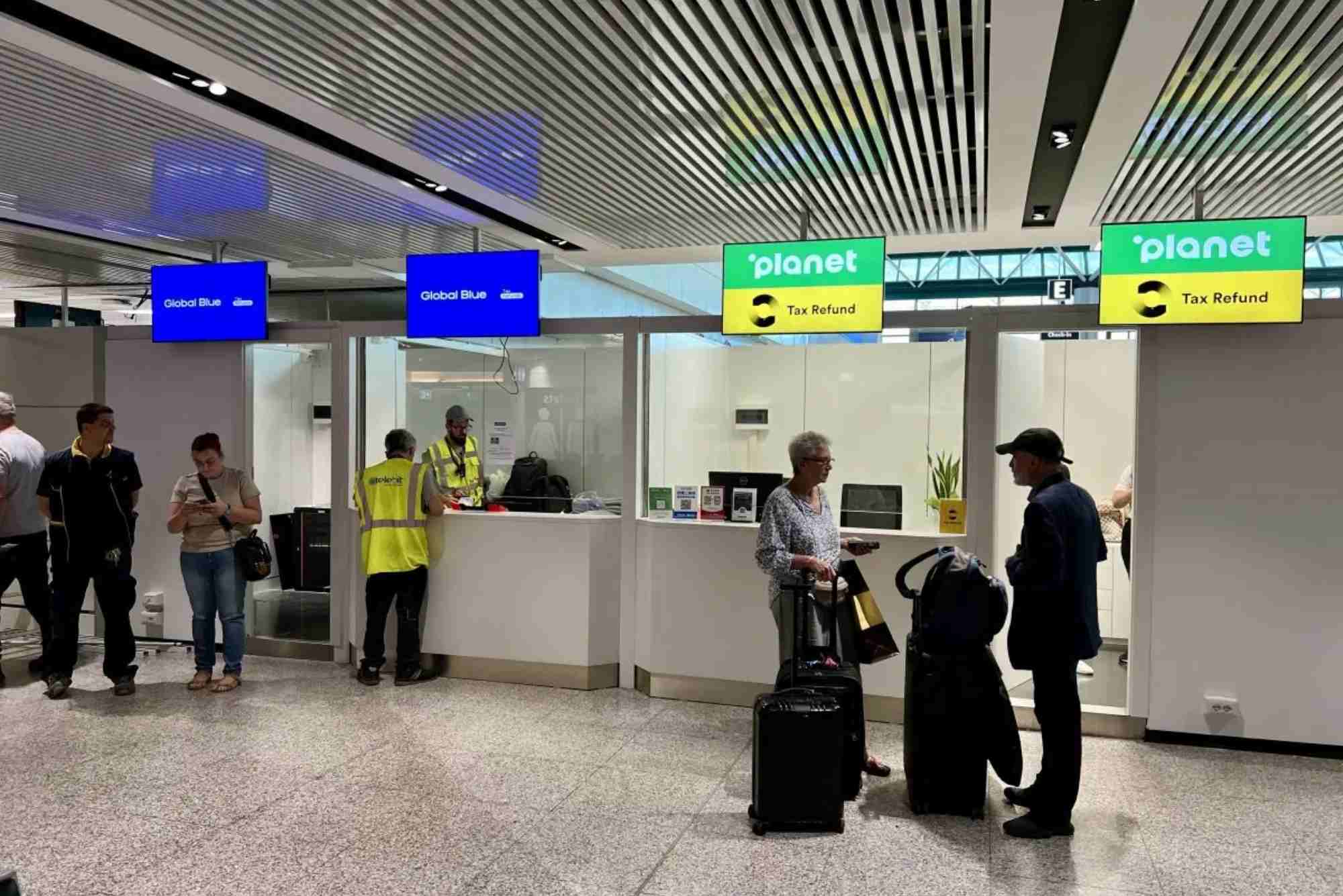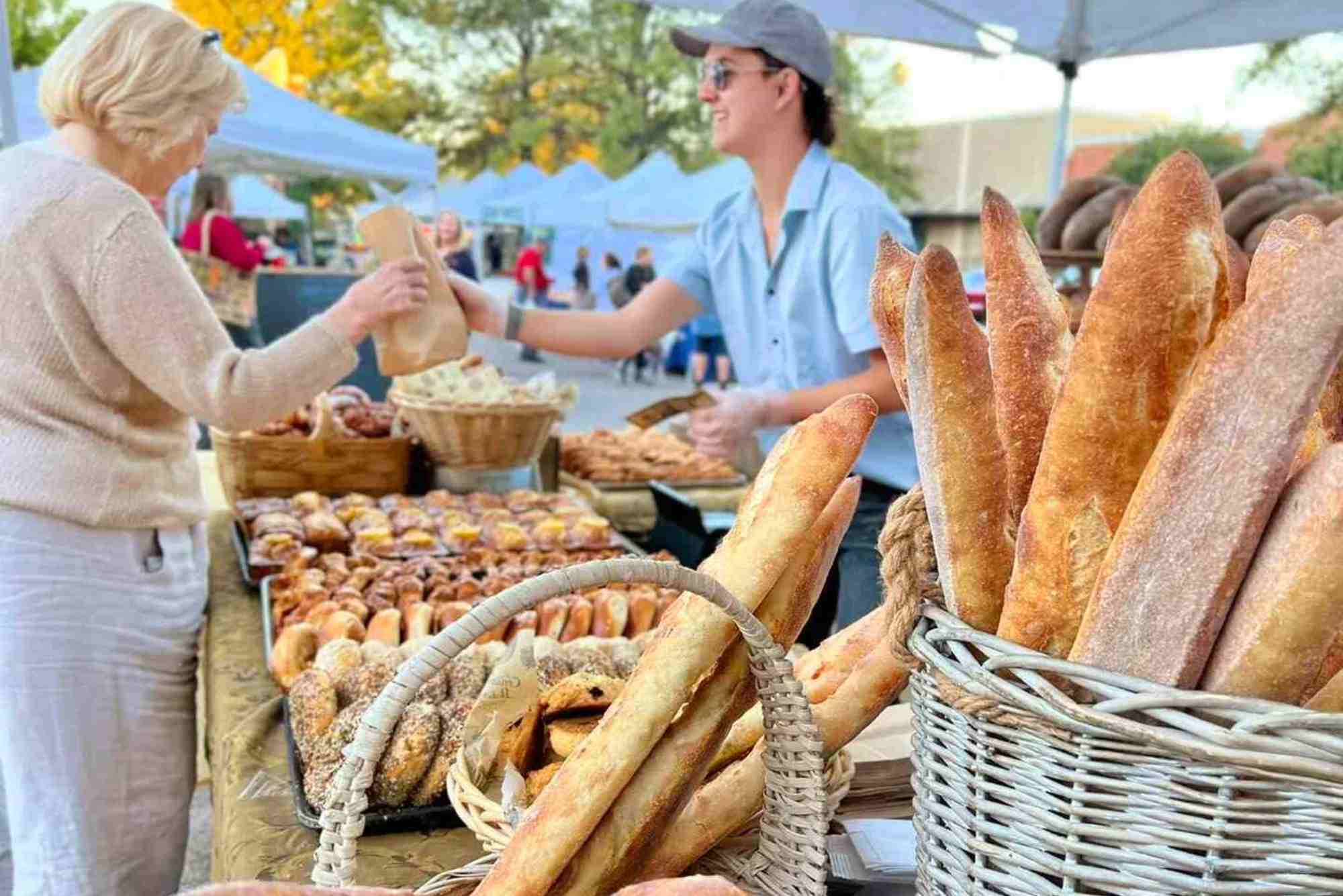Introduction
Traveling to new places is exciting, but tourists often become targets for scams in popular destinations. These schemes range from simple overcharging to sophisticated frauds designed to exploit travelers’ unfamiliarity. Knowing how to avoid tourist scams in popular destinations can save both your money and your peace of mind, allowing you to enjoy your trip fully.
Understanding the common types of tourist scams is the first step. Scammers often rely on trust, distraction, or pressure to extract money. By recognizing patterns and adopting preventive habits, you can stay one step ahead. This article provides practical strategies, expert insights, and actionable tips to navigate popular tourist spots safely.
Know the Common Tourist Scams
Tourist scams vary by location, but some are surprisingly universal. Awareness is the key to prevention.
Overpriced Services and Fake Tickets
One frequent scam involves selling overpriced services, such as taxis, guided tours, or tickets to attractions. Unsuspecting travelers might pay much more than the local standard. Vendors may present fake tickets, offer unauthorized tours, or inflate prices for convenience. Always research standard rates and official providers before committing to purchases.
Pickpocketing and Distraction Tactics
Pickpocketing is common in crowded areas, particularly near landmarks, markets, and public transportation. Scammers often work in teams, using distraction techniques like asking for directions, showing a petition, or dropping items to divert attention. Keeping your valuables secure and being alert to unusual behavior reduces the risk of theft.
Fake Authorities and Police Scams
In some cities, scammers pose as police or security personnel, claiming you have violated local rules. They demand fines on the spot or threaten legal action. Genuine officers rarely request cash immediately, so always ask for identification and official receipts. If unsure, move to a safer, public area before responding.
Overfriendly Locals Offering Assistance
While many locals are genuinely helpful, some use friendliness as a tactic to gain trust. They may invite you to a restaurant or shop, promising special deals, then charge exorbitant prices. Politely decline unsolicited offers, and verify recommendations through reliable sources like hotel staff or travel guides.
Research and Preparation Before Traveling
Proper preparation dramatically reduces the likelihood of falling for scams.
Study Your Destination
Learn about common scams specific to your destination by reading recent travel forums, blogs, and official tourism websites. Awareness of local customs, pricing norms, and risky areas allows you to make informed decisions.
Use Reputable Services
Book tours, transfers, and tickets through verified platforms. Using trusted agencies or official websites ensures transparent pricing and authentic services. Avoid booking from random street vendors or unverified online platforms.
Keep Copies of Important Documents
Losing your passport, ID, or travel insurance information can worsen the consequences of scams. Carry digital and physical copies, and store originals securely. Having backups reduces vulnerability and allows faster resolution in emergencies.
Learn Key Local Phrases
Even basic phrases like asking for help, understanding prices, or saying “no thank you” can help navigate tricky situations. Scammers often exploit language barriers, so effective communication is a valuable defense.
Stay Vigilant During Daily Activities
Remaining cautious while exploring is essential. Scammers often target distracted or overconfident tourists.
Observe Your Surroundings
Always be aware of your environment, especially in crowded areas. Avoid showing large amounts of cash or expensive electronics openly, as this can attract attention. Walking confidently and blending in with locals can reduce the chances of being singled out.
Verify Information on the Spot
Before accepting offers, verify details independently. If someone claims a service is endorsed or official, check for credentials or consult your accommodation staff. Authentic vendors are usually happy to provide evidence, while scammers often refuse.
Avoid Impulsive Decisions
High-pressure tactics are a common scam technique. If someone insists you must act immediately, step back and consider alternatives. Taking time to research or ask for advice reduces the likelihood of falling victim.
Use Technology Wisely
Mobile apps and navigation tools can help you avoid scams by confirming locations, transport routes, or pricing. Use digital payment methods where possible, as these offer extra security compared to cash transactions.
Protecting Your Money and Valuables
Handling money carefully is crucial for avoiding scams.
Carry Limited Cash
Only carry what you need for the day. Use ATMs in secure locations, preferably inside banks or reputable stores. Avoid exchanging money with street vendors, who may offer counterfeit bills or unfavorable rates.
Separate Valuables
Keep passports, credit cards, and essential items in a secure, hidden pouch. Consider using anti-theft bags or clothing with hidden compartments. This makes it harder for pickpockets to access multiple valuables at once.
Monitor Transactions
Check your card statements regularly during your trip, especially when using unfamiliar ATMs or payment services. Unauthorized charges can be disputed more easily if detected quickly.
Social Scams and Digital Risks
Tourists are increasingly targeted online. Awareness of digital scams protects both finances and personal information.
Fake Booking Sites
Fake hotel or flight websites may appear legitimate but vanish after payment. Stick to well-known booking platforms, and read reviews before confirming reservations. Cross-check contact details with official websites.
Free Wi-Fi Traps
Public Wi-Fi can be a tool for scammers to access your personal data. Avoid logging into banking apps or entering sensitive information on unsecured networks. Using a VPN adds an extra layer of protection.
Impersonation on Social Media
Scammers sometimes pose as local guides, travel influencers, or friends to lure tourists. Be cautious about accepting unsolicited offers or sharing personal information online.
Engaging Locals Safely
Interacting with locals can enhance travel experiences but requires caution.
Verify Recommendations
When locals suggest restaurants, shops, or tours, ask for proof of legitimacy or cross-check online reviews. Reliable establishments welcome scrutiny, while scam operations often resist verification.
Avoid Excessive Trust
Friendly gestures may be genuine, but tourists should maintain a healthy level of skepticism. Protect your personal information, and never agree to unusual requests or financial transactions with strangers.
Trust Your Instincts
Often, your intuition is your best guide. If a situation feels off, it probably is. Don’t hesitate to walk away, seek advice, or move to a crowded public area. Scammers rely on hesitation and politeness, so assertiveness is an effective deterrent.
What to Do If You Encounter a Scam
Even with precautions, incidents can happen. Knowing how to respond minimizes damage.
Stay Calm
Avoid confrontation, which can escalate tension. Take a step back, assess the situation, and prioritize safety over retrieving lost money.
Document Evidence
If possible, take photos, record details, or collect receipts. This documentation can help report the scam to authorities or your travel insurance provider.
Report to Authorities
Contact local police or tourist help centers immediately. Reporting scams may prevent others from being targeted and increases the chance of recovering losses.
Alert Fellow Travelers
Sharing your experience with fellow tourists or online travel communities raises awareness and helps others avoid similar traps.
Avoiding tourist scams in popular destinations requires preparation, awareness, and vigilance. By understanding common scams, researching your destination, using trusted services, protecting valuables, and trusting your instincts, you can enjoy your trip safely. Travel should be enriching, not stressful. Being cautious allows you to focus on the beauty and culture of each destination.
Take action today: before your next adventure, plan ahead, learn about common scams, and stay alert. Protect yourself and your travel experience, and enjoy every moment confidently.
FAQ
What are the most common scams tourists face?
Tourists often encounter pickpocketing, overpriced services, fake tickets, impersonation of authorities, and overly friendly locals offering expensive deals.
How can I recognize a scam in a new city?
Look for high-pressure tactics, inconsistent information, unverified credentials, and offers that seem too good to be true. Research and awareness are essential.
Are digital scams a real threat for travelers?
Yes, fake booking sites, unsecured Wi-Fi, and social media impersonation are growing threats. Always verify sites and avoid entering sensitive information on public networks.
Is it safe to ask locals for recommendations?
Yes, but verify suggestions independently through reviews or official channels. Not all recommendations are reliable, so caution is advised.
What should I do if I fall victim to a scam?
Stay calm, document the incident, report it to local authorities, and notify your travel insurance provider. Sharing the experience online also helps warn others.




